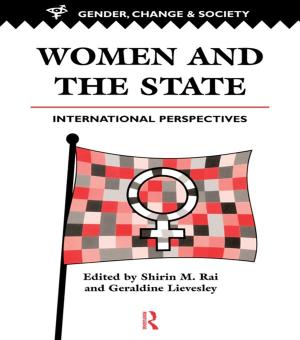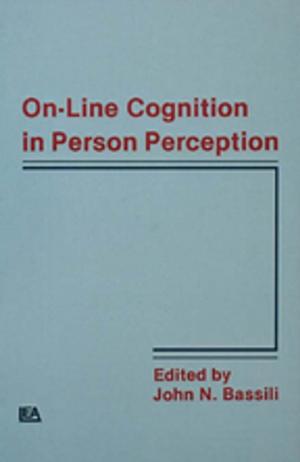Economic Lessons from the Transition: The Basic Theory Re-examined
The Basic Theory Re-examined
Business & Finance, Industries & Professions, Industries, Economics| Author: | Daniel R. Kazmer, Michele Konrad | ISBN: | 9781315290034 |
| Publisher: | Taylor and Francis | Publication: | September 16, 2016 |
| Imprint: | Routledge | Language: | English |
| Author: | Daniel R. Kazmer, Michele Konrad |
| ISBN: | 9781315290034 |
| Publisher: | Taylor and Francis |
| Publication: | September 16, 2016 |
| Imprint: | Routledge |
| Language: | English |
Economic Lessons from the Transition focuses on major transitions in the 1990s: the transition from central planning and communism to market capitalism and the global integration of national financial systems. The transitions were supposed to raise most peoples' standard of living; instead they dramatically worsened the lives of most people in the countries involved. While most attempts to explain this failure focus on policies, the authors of this book argue that failure of economic theory to fully understand these transitions has led to bad policies that made the transitions unnecessarily painful and costly. The book suggests answers to the following questions: How should basic economic theory as taught in introductory economics courses be revised in light of the failure of market-oriented economics to effect a successful transition in so many former communist economies? Could the theory be revised and presented in a different manner? How can basic economic theory be used to help explain the past failures in understanding transition problems and to avoid future mistakes? This volume is a "must read" for all who teach economics or apply economics to the real world.
Economic Lessons from the Transition focuses on major transitions in the 1990s: the transition from central planning and communism to market capitalism and the global integration of national financial systems. The transitions were supposed to raise most peoples' standard of living; instead they dramatically worsened the lives of most people in the countries involved. While most attempts to explain this failure focus on policies, the authors of this book argue that failure of economic theory to fully understand these transitions has led to bad policies that made the transitions unnecessarily painful and costly. The book suggests answers to the following questions: How should basic economic theory as taught in introductory economics courses be revised in light of the failure of market-oriented economics to effect a successful transition in so many former communist economies? Could the theory be revised and presented in a different manner? How can basic economic theory be used to help explain the past failures in understanding transition problems and to avoid future mistakes? This volume is a "must read" for all who teach economics or apply economics to the real world.















